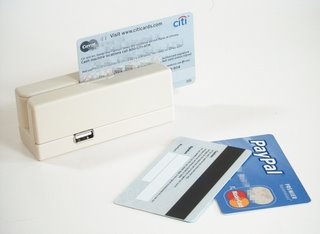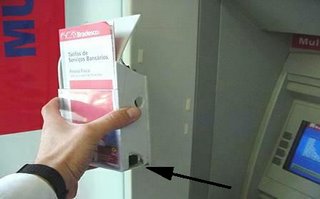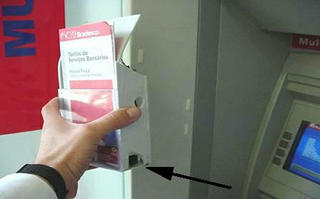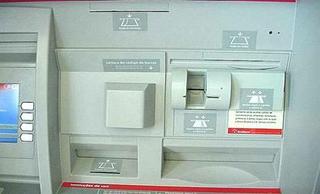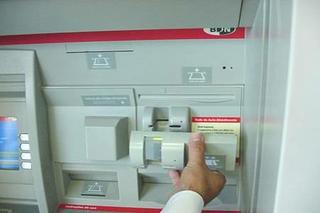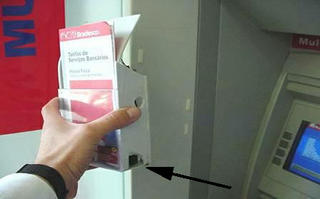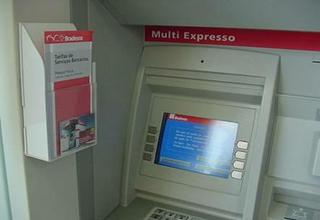Saying that, the times might be changing, especially (more and more) when U.S. citizens are targeted. Besides this latest series of arrests, the FBI recently conducted a very successful operation against bot-herders in an effort dubbed "Operation Bot Roast."
Bot-herders, who run botnets are behind growing amounts of spam. Spam is the preferred method of spreading scams and other questionable activity across cyberspace.
According to the DOJ press release, 33 phishermen have been hooked, in an operation that was truly International in nature:
A federal grand jury in Los Angeles charged 33 individuals in a 65-count indictment unsealed today for their alleged participation in an international racketeering scheme that used the Internet to defraud thousands of individual victims and hundreds of financial institutions. Seven individuals were charged in a District of Connecticut indictment for their roles in an Internet phishing scheme, including two who were also charged in the Los Angeles case.Supporting the "global theory" of this activity, these phishermen operated from six different countries. They also claimed citizenship from several different countries:
U.S. law enforcement authorities are executing nine arrest warrants in the Los Angeles area and Romanian law enforcement authorities are executing search warrants in Romania today in connection with the racketeering indictment.
The individuals named in the indictment operated from locations in the United States and abroad including Canada, Pakistan, Portugal and Romania, and include both U.S. citizens and foreign nationals. Sonny Duc Vo, Alex Chung Luong and Leonard Gonzales are U.S. citizens. Nga Ngo, Thai Hoang Nguyen, Loi Tan Dang and Dung Phan are permanent legal residents of Vietnam. Hiep Thanh Tran is a U.S. permanent resident from Vietnam. Caroline Tath is a permanent legal resident of Cambodia. Hassan Parvez is a citizen of Pakistan. Rolando Soriano is a Mexican citizen and is currently charged in Los Angeles with illegal entry by an alien following deportation. Ovidiu Ionut Nicola-Roman; Petru Bogdan Belbita; Stefan Sorin Ilinca; Sorin Alin Panait; Costel Bulugea; Nicolae Dragos Draghici; Florin Georgel Spiru; Marian Daniel Ciulean; Irinel Nicusor Stancu; Didi Gabriel Constantin; Mihai Draghici; Marius Sorin Tomescu; Lucian Zamfirache; Laurentiu Cristian Busca; Dan Ionescu; Marius Lnu; Alex Gabriel Paralescu; and Andreea Nicoleta Stancuta are Romanian citizens. An additional four individuals known only by their aliases, “Cryptmaster”; “PaulXSS”; “euro_pin_atm” and “SeleQtor” are believed to be Romanian citizens.
According to an article in PC World by John E. Dunn, stolen financial details (mostly payment card numbers) were stolen using a fake website. The stolen financial details were then sent via SMS (text) messaging to their cohorts in the United States and counterfeit payment (credit/debit) cards were produced.
After the counterfeit cards were produced, we can assume "runners" went to ATM machines and drained the accounts.
Financial institutions targeted included "People’s Bank, Citibank, Capital One, JPMorgan Chase & Co., Comerica Bank, Wells Fargo & Co., and PayPal," according to the DOJ press release. Although, not a financial institution, the DOJ press release mentioned eBay was a phishing target, also.
Two good resources, largely from the private sector that study phishing and provide a lot of relevant information about the activity are the Anti-Phishing Working Group and Artists Against 419. Besides goverment resources, there are private warriors out there dedicated to taking down phishing sites, also. The PIRT Phishing Incident Reporting and Termination Squad run by CastleCops, a site dedicated to computer and internet security, is a leader in this private effort to curb phishing. PIRT goes after phishing as it occurs in the "wild," or on the Internet.
Most of the information gathered by these groups is provided and used as intelligence by law enforcement resources. As a disclaimer, in this case, it is unknown what private resources might have contributed intelligence to this effort.
Law enforcement resources on a local, national and international level contributed to this latest series of arrests. Most experts agree that cybercrime has flourished in the past because of the inability of members of the "white side of the fence" to come together as a team. Sadly, the members of the "black side of the fence" have seemed to embrace teamwork and the result has been devastating, to say the least.
Last month, Attorney General Mukasey announced a "Law Enforcement Strategy to Combat International Organized Crime." This strategy was developed to combat a growing threat to the stability of U.S. interests posed by organized crime groups.
DOJ press release, here.



